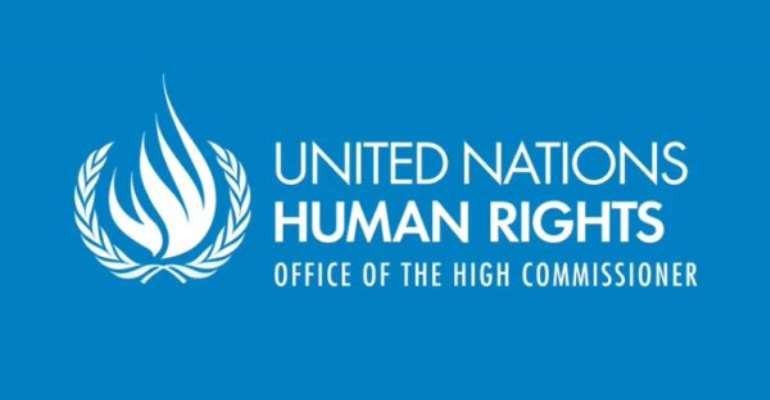UN Committee on Migrant Workers to review Belize and Ghana

GENEVA, Switzerland, August 27, 2014/African Press Organization (APO)/ -- The UN Committee on the Protection of the Rights of Migrant Workers and their Families (CMW) is meeting from 1 to 5 September to review Belize and Ghana. They are among the 47 States Parties to the International Convention on the Protection of the Rights of All Migrant Workers and Members of their Families. States Parties are required to submit regular reports to the Committee of 14 international independent human rights experts on how they are implementing the Convention.
Venue: Palais Wilson, Geneva
Time: Country sessions start 15:00 to 18:00 Geneva time; 10:00 to 13:00 the following day
Among the Issues likely to be discussed are:
Belize (1-2 Sep): Application of the Convention by administration and judicial officials; conditions of detention of migrant workers; legal and labour protection for migrant workers, including in agricultural and domestic work sectors; equality of treatment with nationals; consultation and cooperation with other States parties concerning international migration, trafficking and sex tourism.
Ghana (2-3 Sep): Fragmented migration policy; up-to-date data on deportations; policies to facilitate remittances and return migration; regulation of private recruitment agencies; cooperation with neighbouring countries to prevent illegal or clandestine movements of migrant workers, including through organised smuggling.
More information can be found here: http://tbinternet.ohchr.org/_layouts/treatybodyexternal/SessionDetails1.aspx?SessionID=932&Lang=en. The Committee will make its concluding reports available on this page on 5 September.
More than 232 million migrants, including migrant workers, refugees, asylum seekers, permanent immigrants and others, live and work in a country other than that of their birth or citizenship. The Convention seeks to play a role in preventing and eliminating the exploitation of migrant workers as well as ensuring the protection of their human rights throughout the entire migration process.
